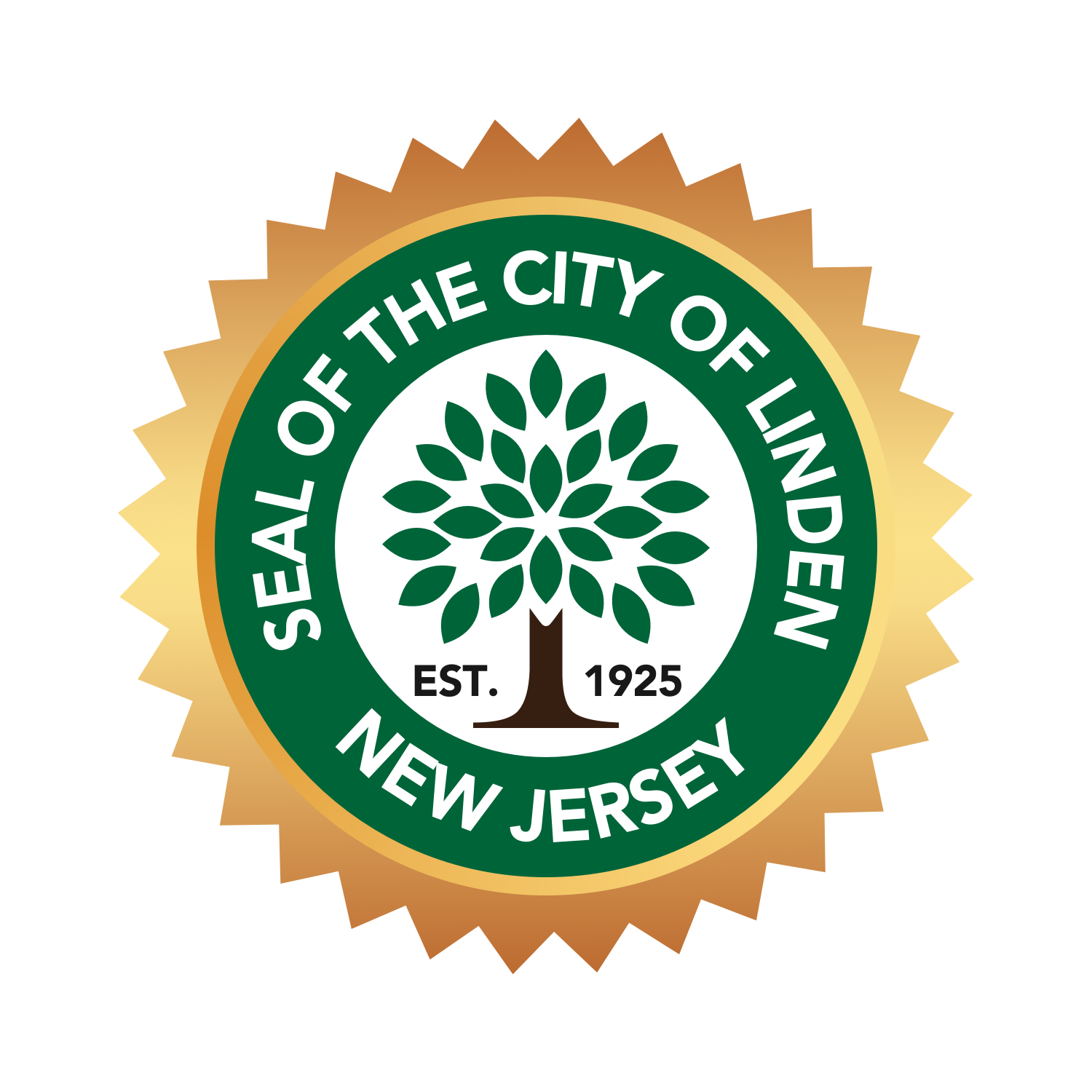The COVID-19 pandemic has brought overwhelming grief to many families. FEMA’s mission is to help people before, during and after disasters. They are dedicated to helping ease some of the financial stress and burden caused by the virus. FEMA is providing financial assistance for COVID-19-related funeral expenses incurred after January 20, 2020.
FEMA’s Region 2 specialists, in the hardest-hit communities of New York, New Jersey, Puerto Rico, and the Virgin Islands, are working closely with stakeholder groups, enlisting their help with outreach to affected families and communities.
See these flyers in English and Spanish for information regarding financial assistance for funeral expenses. Applicants can register for assistance by calling (844) 684-6333.
FEMA is giving a presentation next week for organizations and community partners that would like an overview of our Funeral Assistance program. The presentation is on Wednesday, March 23rd, 2022 from 11am until 12pm and can be accessed via this link with passcode 220797. All interested should please reach out to fema-r2-ia@fema.dhs.gov and a calendar invite will be sent.
